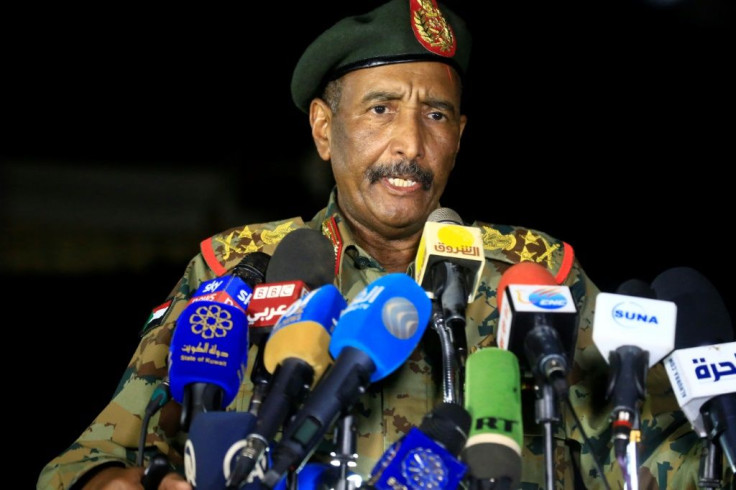Arab Fund Offers $305 Mln Loan To Cash-starved Sudan

Sudan said Thursday it would receive a $305 million loan from an Arab fund to help tackle the country's worsening economic crisis led by soaring food prices and foreign currency shortage.
Sudan's economic woes had led to nationwide protests that resulted in the ouster of longtime ruler Omar al-Bashir in April.
On Thursday a delegation from the Arab Monetary Fund met Sudanese Finance Minister Ibrahim Al-Badawi.
"During the meeting, the delegation said the fund plans to support the Sudanese economy with an estimated funding of $305 million, including loans and trade facilities," the finance ministry said in a statement afterwards.
Sudan will receive $110 million this month, followed by $45 million in the first quarter of next year and a third tranche of $80 million by the end of 2020.
A separate trade facility of $70 million will also be offered as part of the overall package.
The loan is the second such facility to Sudan this year from the Abu Dhabi-based lender, which previously pumped $300 million into its economy in May.
The finance ministry said that in a separate agreement, the African Development Bank also gave Sudan a grant of $32.8 million to upgrade water and sanitation facilities in the conflict-hit states of North and South Kordofan.
Last month Badawi told AFP that Sudan needed $3 billion to cover immediate needs and stabilise its budget.
Since the fall of Bashir, Sudan has been getting by on aid from long-time allies Saudi Arabia and the United Arab Emirates.
Growing anger over the country's economic crisis triggered protests in December last year against Bashir's rule.
They swiftly turned into a nationwide movement that finally saw the veteran president ousted by the army on April 11.
Sudan is currently ruled by a joint civilian-military sovereign council which is overseeing the country's transition to a civilian rule, as demanded by protesters.
The daily affairs of the country are managed by a transitional cabinet headed by prominent economist Prime Minister Abdalla Hamdok.
Sudan's economic crisis deepened since the secession of South Sudan in 2011 which took away the bulk of oil earnings.
pm-jds/par
© Copyright AFP 2024. All rights reserved.




















